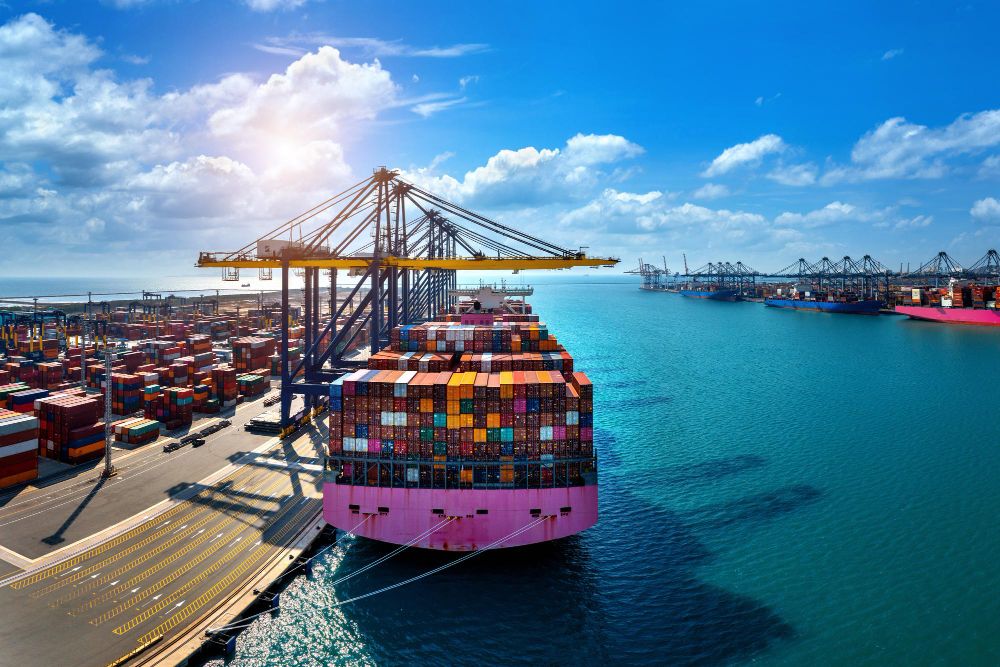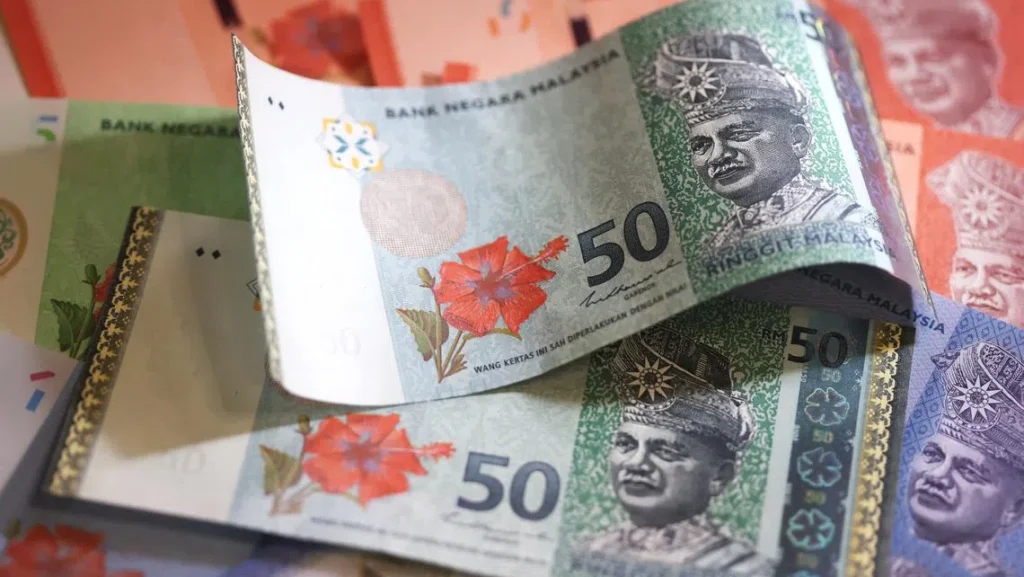Despite the potential for import bans and restrictions (Lartas) to bolster Indonesia’s trade surplus, the Institute for Development of Economics and Finance (Indef) cautions that such measures may only yield superficial outcomes. Indef underscores the importance of prioritizing efforts to enhance exports rather than hampering imports, particularly those crucial for industry raw materials and auxiliary needs. Andry Satrio Nugroho, Head of the Center of Industry, Trade, and Investment at Indef, stresses the necessity of implementing import restrictions outlined in Minister of Trade Regulation 3/2024 carefully to avoid disrupting manufacturers’ access to raw materials. “There is room for improvement in this regard, as a decline in raw material and capital goods imports may lead to a trade surplus, albeit one lacking in substance,” Andry remarked to Bisnis on Wednesday (17/4/2024). Andry asserts that the government should focus on enhancing the frequency of export trading, which can bolster foreign exchange reserves while also enhancing competitiveness and the quality of export-oriented products. However, he acknowledges the government’s efforts to sustain the trade surplus streak, which has persisted for 46 consecutive months since May 2020, amidst the looming global economic slowdown.Data from the Central Statistics Agency (BPS) indicates that Indonesia’s trade balance in February amounted to US$0.87 billion, marking a 56.93% month-to-month (mtm) decrease from US$2.02 billion. Annually, it plummeted by 83.89% in February 2023, amounting to US$5.40 billion. Indonesia’s export value stood at US$19.31 billion in February 2024, marking a 5.79% decrease compared to the previous month’s US$20.49 billion. Meanwhile, Indonesia’s import value in February 2024 amounted to US$18.44 billion, a 0.29% decrease from the previous month’s US$18.49 billion. “A surplus resulting from decreased imports is meaningless. Our aim should be a trade surplus driven by significant export growth. High imports are acceptable, as long as they are for raw materials or capital goods, not consumer goods,” he explained. Importantly, imports of raw materials and auxiliary goods decreased by 4.23% mtm in February 2024 to US$1,087.2 million, and capital goods decreased by 14.20% mtm to US$812.5 million. Meanwhile, imports of consumer goods increased by 22.73% mtm to US$672.9 million.









